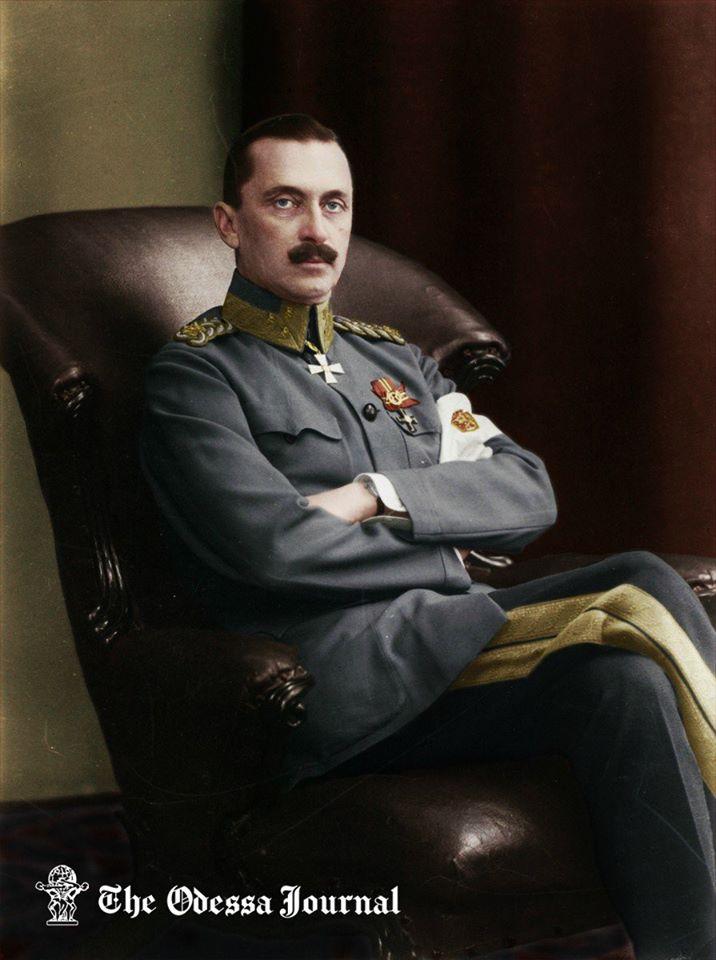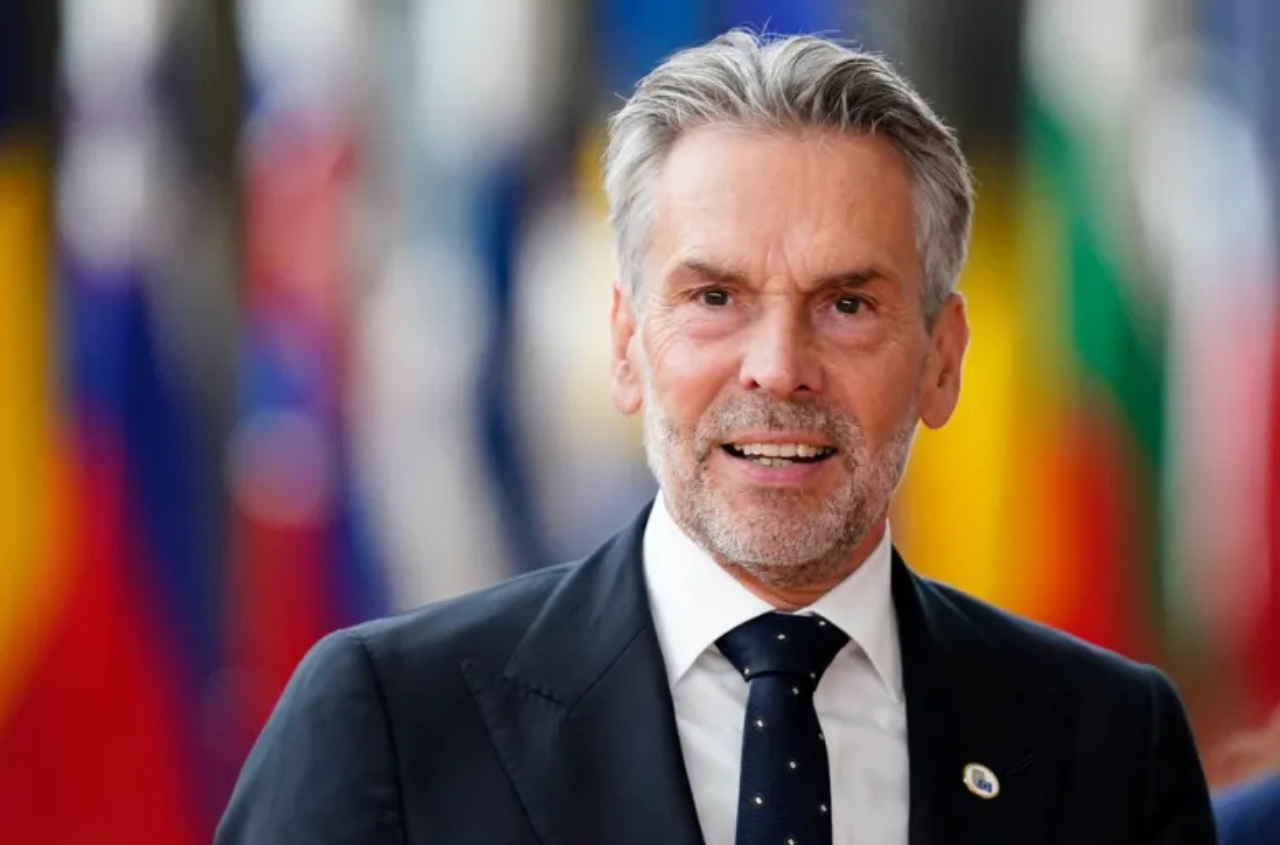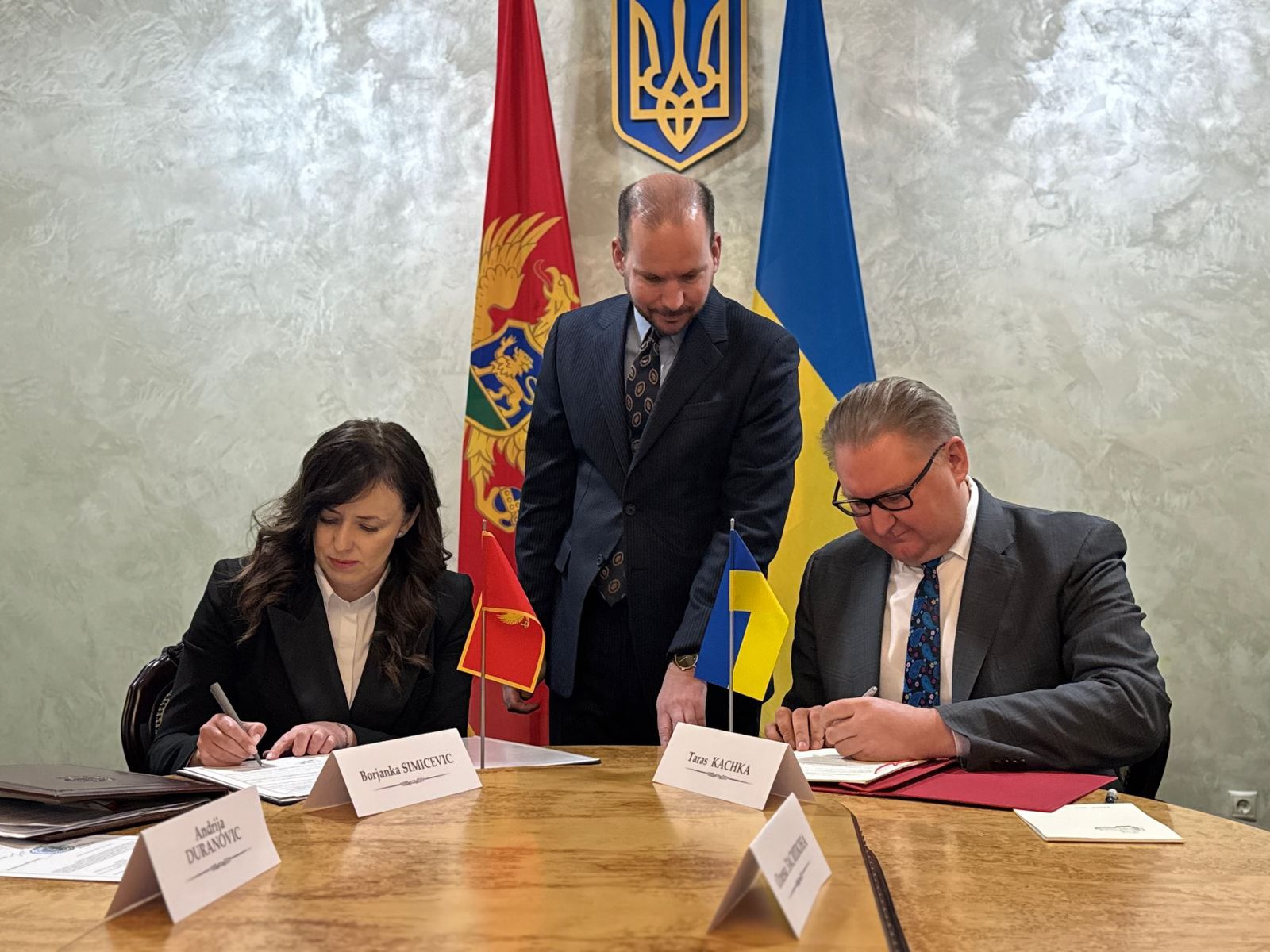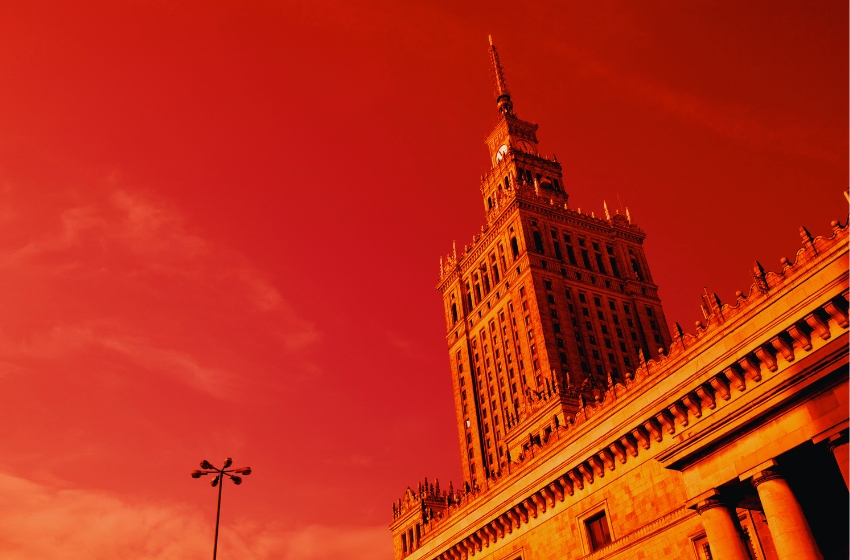The father and defender of Finland, Baron Carl Gustaf Emil Mannerheim, during World War I was a cavalry general of the Imperial Russian Army. In October 1917, while he was in convalescence in Odessa, further to a bad fall from his horse, the Bolsheviks overthrew Kerensky’s provisional government and the Red Revolution broke out. With most of his fellow officers going East to join the white armies, he planned his retirement from the service and his return to Finland.
While he stayed at the Londonskaya Hotel, the best of Odessa, the Finnish-born officer had an unexpected encounter with a fortune-teller. During a tea party given by the Red Cross, the humanitarian relief volunteer Lady Muriel Paget treated her guests to séance with a medium. Mannerheim, notwithstanding he intensely disapproved spiritualists, was impressed enough with the woman’s predictions on his future, which wrote years later in his memoirs:
“I was to receive the command of an army and lead it to victory. After receiving great honours and high position, I was to relinquish the latter on my own accord, but before long an important mission would take me to two great Western countries, where my efforts would be crowned with success. I would return to a higher position than the one I had when I departed, but again it would be of short duration. Many years later, I was again to rise to a very high position.â€
All these predictions came true. Few months later, in 1918, he was given the command of the new Finnish Civil Guard to defend the independence of Finland and defeated the red guards, who were fighting to keep Finland within the Soviet Union. Then, he went on mission to France and Great Britain to get recognition of the new-born State. On his return, he was appointed Regent of the new kingdom of Finland, until the new republic constitution was approved. Then, he retired from public life.
In 1939, was recalled as Commander-in-chief of the Finnish Army, to face Stalin’s invasion during the "winter war". He kept this role fighting at the side of the Germans in World War II, to get back the territories lost to the Soviets. At the end of the War, he became, reluctantly, President of Finland to negotiate the peace terms with the Allies and the USSR.
Odessa was a cradle of big historical changes, predicted by a mystery fortune-teller.





















